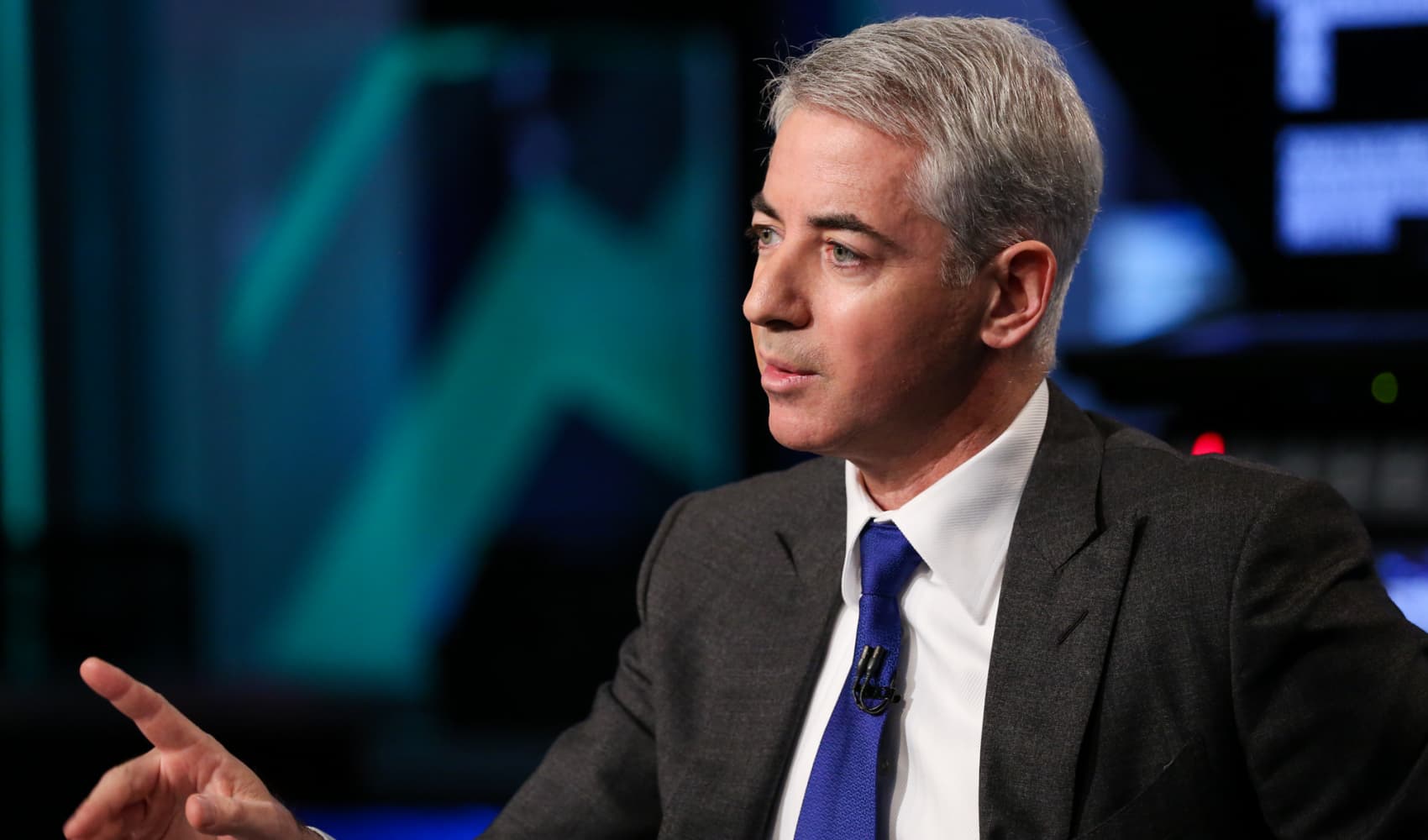
- The former president seems to have foregone Social Security benefit income.
- Here's why you may not want to employ that strategy for yourself.
When former President Donald Trump's tax returns were released last week, the line for Social Security income was notably left blank.
About 70 million Americans rely on Social Security for monthly income when they retire or become disabled. The program may also provide benefits for qualifying family members of those who have retired, disabled or died.
To qualify, workers generally need to earn 40 credits by working and paying Social Security taxes. Eligibility for retirement benefits starts at age 62.
Get New England news, weather forecasts and entertainment stories to your inbox. Sign up for NECN newsletters.
By those measures, Trump, 76, should qualify for retirement benefits, which will provide a maximum monthly income of $3,627 per month in 2023 for workers who claim at their full retirement age (generally age 66 or 67, depending on year of birth). Higher benefits are possible for people who continue to work or claim benefits after full retirement age.
Yet Trump had no Social Security income for tax years 2015 through 2020, based on his individual tax returns.
Trump's office did not immediately respond to a request for comment.
Money Report
High earners sometimes 'just skip Social Security'
While wealthy individuals technically qualify for benefits after paying into the program, it is up to them whether or not they claim the monthly checks, noted Jim Blair, vice president of Premier Social Security Consulting and a former Social Security administrator.
"It's not necessarily uncommon that the real high earners just skip Social Security," Blair said.
The program currently faces a funding shortfall, whereby just 80% of benefits will be payable in 2035 if no changes are made sooner. Yet with more than $1 trillion in benefits paid in 2022, one less claimant may not make a huge difference for the program.
"We're talking over a trillion dollars in benefits, so one person not taking it doesn't make that much of a difference," Blair said. "But every dollar helps, I guess."
The example brings up the question whether very rich individuals should claim Social Security benefits, according to Andrew Biggs, a senior fellow at the American Enterprise Institute who has served in various roles at the Social Security Administration.
"As I see it, there's nothing wrong with it," Biggs said.
"Not only did you pay for the benefit, you were forced to pay for the benefit," Biggs said. "I don't think anyone can question if you decide to accept it."
But the next question is whether we should have a system designed to pay benefits to high-income people, Biggs said. The answer to that is no, he said.
In the U.K. or Australia, Trump would not be eligible for a benefit anywhere near the size of U.S. Social Security benefits, Biggs noted.
"It's surprising that he didn't [claim], because I don't see any practical reason why he wouldn't," Biggs said of Trump.
Why Trump's strategy may not be best
While Trump may never intend to claim Social Security benefits, there are some lessons other retirees can learn from his example.
Retirees stand to receive the biggest benefit checks if they hold off claiming Social Security until age 70. Claimants receive reduced benefits if they claim at 62, the earliest possible age. At full retirement age, they stand to receive 100% of the benefits for which they qualify based on their earnings record. But for every year they delay from full retirement age up to 70, they stand to receive an 8% bump to their benefits.
Importantly, there are no increases past age 70. Consequently, Trump is leaving money on the table.
Blair said he was recently approached by a financial adviser for advice on how to handle a 72-year-old client who still had not claimed Social Security. Unfortunately, the most Social Security will pay is six months of retroactive benefits, Blair said.
As a result, the client would forfeit the benefit income they would have received for the rest of that time.
More from Personal Finance:
Credit card interest rates are heading to 20%
Where to keep your cash amid rising interest rates
Falling behind on student loans can reduce Social Security by $2,500 a year
"They just give up those benefits and don't receive anything for it," Blair said.
"There's no reason to wait past age 70 to start your Social Security," he said.
Yet a recent MassMutual quiz on Social Security shows this is one rule about the program claimants may get wrong. Just 49% of respondents were able to correctly answer a true-or-false question on the financial effect of delaying past 70, the results found.
Another reason Trump's claiming strategy may fall short: His loved ones may be eligible for benefits based on his record, including his wife Melania, and son Barron, who at age 16 is still a minor.






